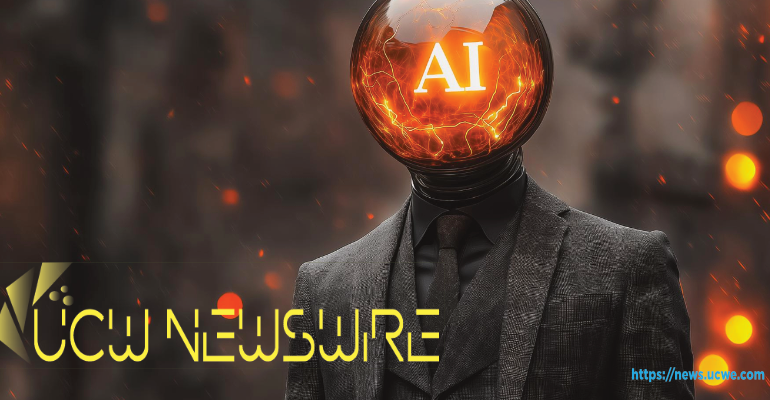The Rise of Generative AI in Strategic Acquisitions Across Aerospace, Defense, and Finance
In an era defined by rapid technological evolution, generative artificial intelligence (AI) is emerging as a transformative force in the landscape of mergers and acquisitions (M&A). Private equity firms and

In an era defined by rapid technological evolution, generative artificial intelligence (AI) is emerging as a transformative force in the landscape of mergers and acquisitions (M&A). Private equity firms and corporations engaged in industry roll-ups are increasingly leveraging AI-driven insights to identify strategic acquisition targets, streamline due diligence, and unlock new growth avenues across aerospace, defense, and financial sectors.
AI-Powered Acquisition Strategies
The complexity of acquisitions in highly regulated industries such as aerospace and defense demands sophisticated analytical tools capable of evaluating risk, compliance, and synergies in real time. Generative AI is stepping in as a game-changer, enabling firms to analyze vast datasets, uncover hidden patterns, and predict the long-term viability of potential deals. For private equity firms, AI models enhance investment theses by identifying under-the-radar opportunities that align with market trends and technological advancements.
In the financial sector, where regulatory scrutiny and market volatility present significant challenges, AI-driven models help firms evaluate acquisition targets with unprecedented precision. Predictive analytics and automated valuation models reduce the time required for due diligence, while natural language processing (NLP) tools sift through regulatory filings, earnings reports, and historical data to provide a comprehensive risk assessment.
The aerospace and defense industries are witnessing a surge in AI-driven acquisitions, particularly in response to shifting geopolitical dynamics and technological competition. Generative AI aids in optimizing supply chain integrations, identifying potential bottlenecks, and forecasting the impact of emerging technologies such as autonomous systems and quantum computing. As governments and defense contractors seek to bolster national security through innovation, AI-assisted dealmaking is playing a crucial role in aligning investments with strategic priorities.
Furthermore, AI models enhance scenario planning by simulating various geopolitical and economic conditions, allowing firms to assess the resilience of potential acquisitions under different market conditions. This capability is particularly valuable in defense contracts, where long-term stability and technological superiority are paramount.
The Role of Generative AI in Industry Roll-Ups
Industry roll-ups, particularly in financial services and industrial technology, are becoming increasingly reliant on AI to drive efficiency and maximize returns. AI-powered platforms enable firms to consolidate fragmented markets by automating the identification of complementary businesses, optimizing integration strategies, and predicting post-merger performance.
For example, in the financial sector, AI-driven risk models assess the creditworthiness and compliance track record of acquisition targets, ensuring that roll-ups do not introduce excessive regulatory exposure. In aerospace, generative AI facilitates cost optimization by identifying redundant operational structures and suggesting streamlined workflows for greater efficiency post-acquisition.
As generative AI continues to evolve, its role in strategic acquisitions will only expand. The ability to process vast amounts of structured and unstructured data, generate actionable insights, and enhance decision-making processes is revolutionizing how companies approach M&A. Private equity firms, defense contractors, and financial institutions that embrace AI-driven strategies will gain a competitive edge in an increasingly data-driven economy.
With AI’s growing influence, the future of acquisitions in aerospace, defense, and finance will be defined by agility, precision, and the ability to anticipate market shifts. The next wave of AI-powered dealmaking is not just about speed, it’s about making smarter, more strategic investments that redefine industries and drive sustained growth.
Gerald Foster
UCW Newswire

